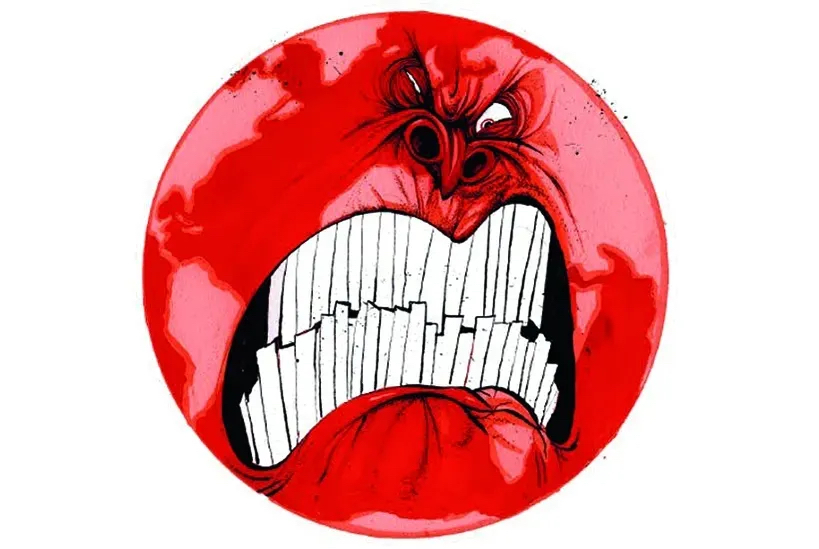Journalists have never been noted for originality in their choice of metaphor, so readers must be wearied by now of hearing that the world is on fire. Skeptics will observe that the flames have been more or less constant for well over a century, as the major powers and their allies, satellites and acolytes maneuver to establish, or reestablish, global power or hegemony.
Already a subscriber? Log in
Subscribe for just $2 a week
Try a month of The Spectator Australia absolutely free and without commitment. Not only that but – if you choose to continue – you’ll pay just $2 a week for your first year.
- Unlimited access to spectator.com.au and app
- The weekly edition on the Spectator Australia app
- Spectator podcasts and newsletters
- Full access to spectator.co.uk
Or




















Comments
Don't miss out
Join the conversation with other Spectator Australia readers. Subscribe to leave a comment.
SUBSCRIBEAlready a subscriber? Log in